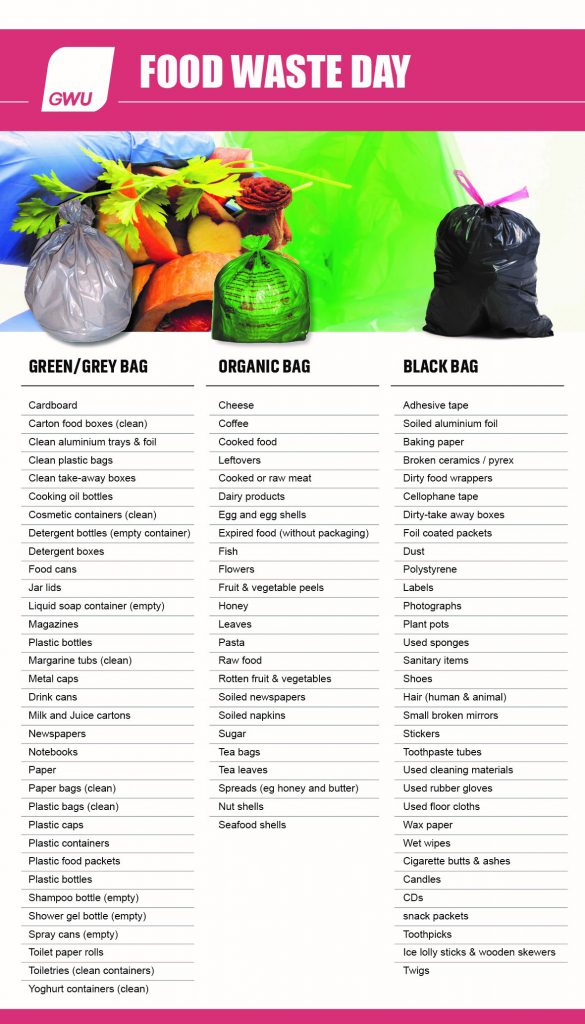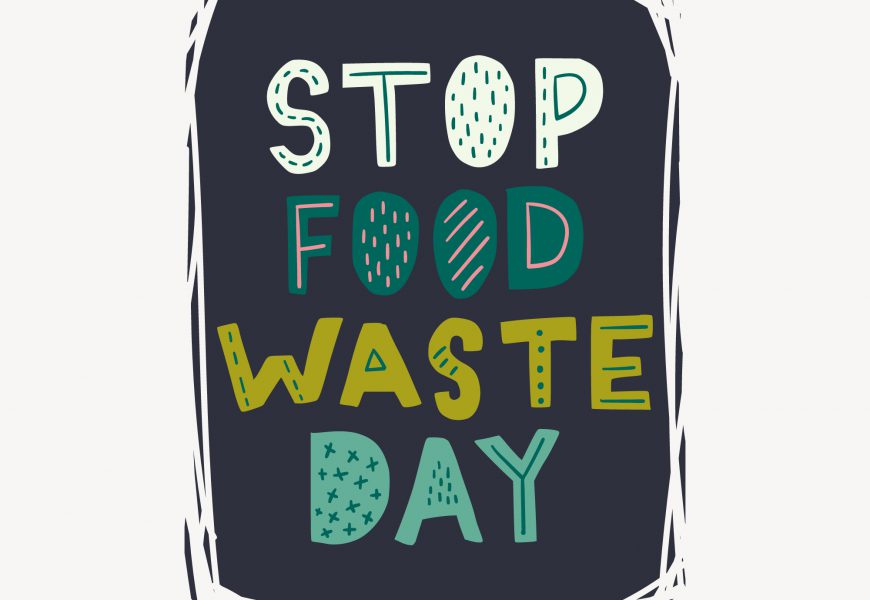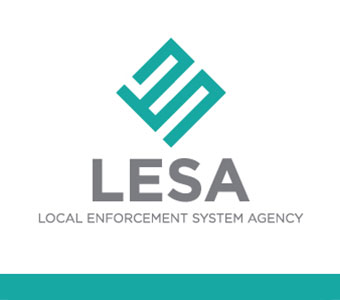33% of all food worldwide is lost or wasted every year
45% of fruit and vegetables are lost or wasted worldwide every year
The average cost of wasted food for an American family is $1,866 (1526 euros) per year
25% of the world’s wasted food could feed another 795 million people
8% of harmful gases in the air come from food loss and waste
Why is this day important?
Stop Food Waste Day is important because food waste is a serious and growing problem. When large amounts of food are thrown away, more people can eat, and poverty is reduced. We believe we can help reduce food waste by effectively explaining and giving ideas on how to do this. Today’s life has become very fast and sometimes we don’t even realise how much food we buy for free.
Grocery stores have made our lives easier because you can find everything you need in one facility. But this facility can lead to another problem because you don’t realise how much fresh foods you buy, like vegetables, fruits, milk, bread and cheese that spoil quickly.
What can we do to reduce food waste?
Little things in everyday life can have a big impact globally:
Make a grocery list before you go shopping and don’t buy food that isn’t on the list. This helps reduce food waste and even helps financially
Plan which foods you will pre-cook and buy food specifically for those meals
Store food properly so it doesn’t spoil
A full fridge is very nice, but a disorganized fridge can lead to food waste
Never throw away leftovers after a meal. Save them for tomorrow and prepare them differently
Most vegetables and fruits can be eaten whole. Their skins contain more nutrients and vitamins
Save fruit and vegetable seeds and grow them. On the Internet you can find many different ideas on how to grow fruits and vegetables at home, even if you do not have a garden and a lot of space.

Where does the GWU come in?
In GWU’s belief one can find that the GWU works hard to ensure that people have a clean environment,
In order to prepare both fresh and packaged food, a lot of energy, fuel, and water is released, so a lot of gases are released into the air that contribute to climate change. Climate change leads to a lack of rain and warmer days. This affects the amount of water available to everyone.
When food waste ends up in landfills, it becomes a source of methane, a type of gas that also affects the air and leads to climate change. It’s important to remember that even though we throw away the bad foods from our kitchens, everyone feels their effects and they linger for a long time.
Davinia Shead from Wasteserv stressed the importance of separating waste properly. Wasteserv turns white bag waste into a resource, this is hardly possible with black bag waste. It is therefore important to choose the right waste so that together we can reduce many emissions into the air.











